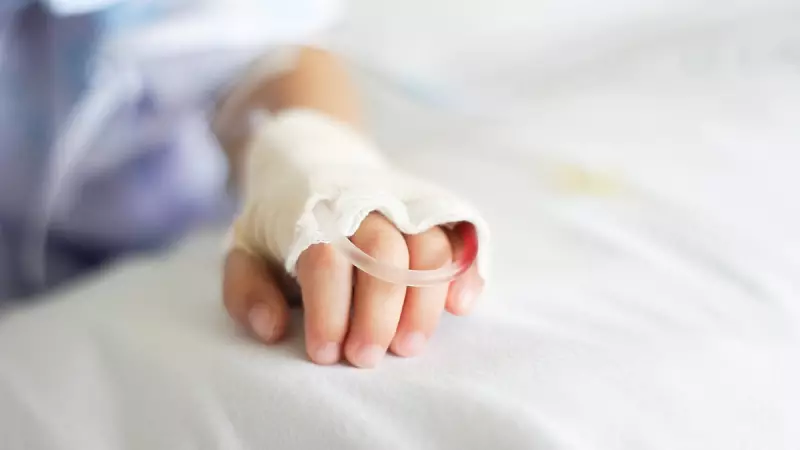
In the hushed corridors of pediatric wards, where beeping monitors create a somber symphony, unfolds a drama of unimaginable courage. As a practicing pediatrician, I've witnessed the most profound battles fought by the smallest warriors - children facing medical challenges that would test the strongest adults.
The Unseen Strength of Childhood
Each day brings new stories of resilience that defy medical textbooks. I recall a seven-year-old girl with leukemia who insisted on wearing her school uniform during chemotherapy sessions. "I need to be ready for class tomorrow," she'd say, her bald head held high despite the nausea and weakness.
These children don't understand the statistics stacked against them. They don't comprehend mortality rates or survival percentages. What they understand is the present moment - the comfort of a parent's hand, the distraction of a coloring book, the simple joy of a popsicle.
When Small Voices Teach Big Lessons
One particularly challenging case involved a four-year-old boy with a rare autoimmune disorder. After weeks of painful treatments, he looked at me with tired eyes and asked, "Doctor Uncle, when will my body stop being angry with me?" His innocent framing of a complex medical condition revealed a wisdom beyond his years.
The parents of these children display a different kind of bravery. I've seen fathers break down in the hallway only to compose themselves before entering their child's room. Mothers who haven't slept properly for weeks, yet maintain cheerful faces for their little ones.
The Emotional Toll on Healthcare Providers
Medical school doesn't prepare you for the emotional weight of pediatric care. We're trained to diagnose and treat, but no textbook teaches you how to handle a child's trusting gaze when you know the road ahead is treacherous. The professional detachment we're supposed to maintain often crumbles in the face of a child's innocent smile.
- Celebrating small victories: When a child manages to keep food down after chemotherapy
- Finding joy in pain: The laughter that still emerges between painful procedures
- Building trust: The gradual bonding that happens over repeated hospital visits
Why These Stories Matter
Sharing these experiences isn't about seeking sympathy for medical professionals. It's about honoring the incredible spirit of children who face their medical journeys with a courage that humbles us all. It's about reminding ourselves that behind every diagnosis is a unique human story.
These young patients have taught me more about resilience, hope, and the human spirit than any medical conference or research paper ever could. They are my little teachers in hospital gowns, showing us that even in the darkest medical circumstances, the light of childhood innocence continues to shine.





